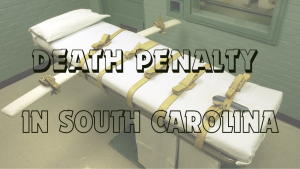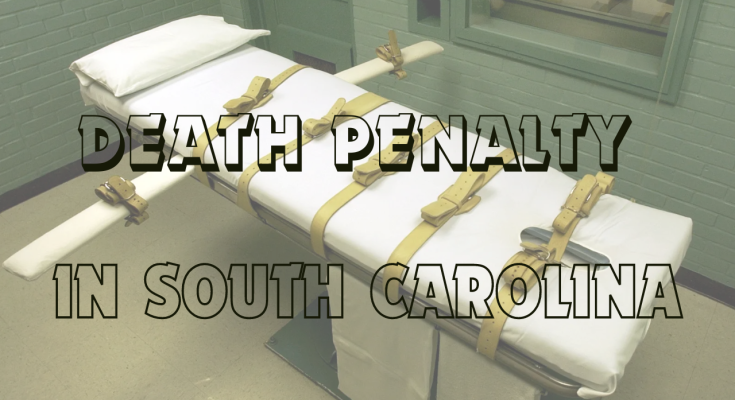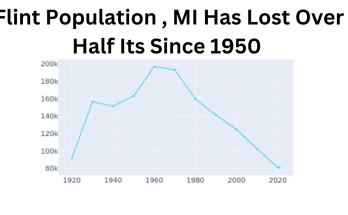Introduction :Facts About Death Penalty in South Carolina
The death penalty has long been a topic of heated debate across the United States, and South Carolina is no exception. As we delve into the hard facts surrounding the death penalty in South Carolina, we uncover a complex tapestry of legal, social, and ethical considerations. From its historical roots to its current status and implications, understanding the reality of capital punishment in South Carolina is essential. Let’s embark on a journey to unravel the truth behind the death penalty in the Palmetto State.
A Historical Perspective About Death Penalty in South Carolina:
South Carolina’s relationship with the death penalty traces back to its colonial beginnings. Like many other states, South Carolina initially employed hanging as the primary method of execution. Over time, this evolved to include other methods such as electrocution and, more recently, lethal injection. Understanding this historical context provides crucial insights into the state’s approach to capital punishment.
Legal Framework and Current Status Death Penalty in South Carolina:
In South Carolina, the death penalty is governed by a combination of state statutes and judicial precedents. While the legality of capital punishment is established, its application is subject to rigorous legal scrutiny and procedural safeguards. As of [current year], South Carolina remains one of the states in the U.S. where the death penalty is still utilized, albeit with certain limitations and protocols in place.
Key Statistics and Trends of Death Penalty in South Carolina:
Examining the statistical landscape of the death penalty in South Carolina reveals important trends and patterns. [Insert relevant statistics here, such as the number of inmates on death row, recent executions, demographic data of death row inmates, etc.]. These figures shed light on the prevalence and impact of capital punishment within the state.
Challenges and Controversies of Death Penalty in South Carolina:
Despite its legal standing, the death penalty in South Carolina is not immune to challenges and controversies. Critics often highlight concerns regarding potential wrongful convictions, racial disparities in sentencing, and the ethical implications of state-sanctioned executions. Additionally, logistical hurdles, such as difficulties in obtaining lethal injection drugs, have posed significant challenges to the execution process.

Read More Article : Death Penalty in South Carolina:
Recent Developments and Legislative Initiatives about Death Penalty in South Carolina:
In recent years, South Carolina has witnessed notable developments and legislative initiatives pertaining to the death penalty. [Discuss recent legislative proposals, court rulings, or public debates surrounding capital punishment in the state]. These developments shape the landscape of the death penalty and influence ongoing discussions about its efficacy and morality.
Public Opinion and Advocacy of Death Penalty in South Carolina:
Public opinion regarding the death penalty in South Carolina is diverse and multifaceted. While some advocate for its abolition based on moral or practical grounds, others argue for its retention as a tool of justice and deterrence. Various advocacy groups and organizations play a crucial role in shaping public discourse and influencing policy decisions surrounding capital punishment.
Key Considerations for Death Penalty in South Carolina:
Several key considerations surround the death penalty in South Carolina, including:
- Legal Challenges: The constitutionality of the death penalty has been the subject of numerous legal challenges in South Carolina and nationwide. Court rulings and legislative actions continue to shape the application and administration of capital punishment in the state.
- Public Opinion: Public opinion regarding the death penalty in South Carolina is diverse and may influence policy decisions and legislative actions. While some advocate for its abolition, others argue for its retention as a necessary tool of justice and deterrence.
- Alternatives and Reforms: In recent years, there has been growing discussion about alternatives to the death penalty and reforms to the criminal justice system. Initiatives such as restorative justice, life without parole, and enhanced support for victims’ families are among the alternatives and reforms under consideration.
Conclusion of Death Penalty in South Carolina:
As we conclude our exploration of the hard facts about the death penalty in South Carolina, it becomes evident that this is a complex and deeply nuanced issue. From its historical legacy to its present-day implications, capital punishment elicits strong emotions and sparks intense debate. By engaging in informed discussions and considering the multifaceted aspects of the death penalty, we can strive towards a more just and equitable society.
Read More interesting Article : Census reveals a modest increase in population of alaska




